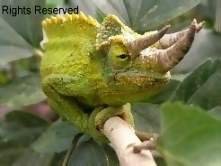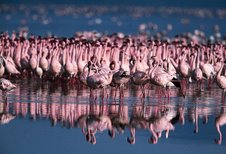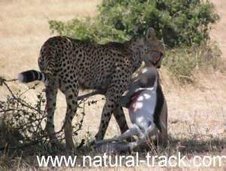Kenya beach safaris: Kenya coast offers one of the most amazing beauties of apt tropical tranquil that leave lifelong memories to holiday makers. From the south coast to the north, there are infinite matchless varieties of surreal holiday experiences.
It is for this reason that Kenya safari crew – informative and authoritative travel informer have ‘pitched our tents’ along serene tropical coast. In the next few consecutive editions of our Nature series, we will sample the utmost of Kenyan coast. And today, we start with Watamu, its contrasting environs, uniqueness and attractions.
Watamu is an amazing paradise of sun and sand with an international reputation for its reef-protected beaches, offering safe sunbathing at both high and low tides all the year round. The natural feature most obvious to the visitor is of course the marine park.
The park was created in 1968 and is part of the far larger Malindi-Watamu marine reserve, which includes Mida creek. The marine park extends from Blue Lagoon in the North to Whale Island in the south and is mainly a lagoon habitat with depths in the central channel up to 6 meters (approx 20 feet), and some isolated holes by the turtle reef of up to 12 meters (approx 39 feet)
For competent swimmers, snorkeling can be done direct from the beach. However, beware of tidal currents, especially near the entrance to the Mida creek. In addition to snorkeling, there is an assortment of other water sports, ranging from surfing, deep sea fishing and scuba diving which is rated the best in East Africa.
The most spectacular areas for snorkeling are around the Coral Gardens and the adjacent Richard Burnet reef, where a vast array of tropical fish can be seen. Theses include the surgeon fish, snappers, parrot fish, angel fish, puffer fish, butterfly fish, trigger fish and many other awesome spectacles of variety and color.
Rays can also be seen swimming through the water in a graceful flying motion while, on occasion, you might see some young reef sharks in the shallows. No need to worry – they are harmless and are usually just lazing around.
Most of the hard coral species occurring in the Kenya coast have been identified with a healthy reef system. Most easily recognizable corals are the Porites Hump corals – which are slow-growing and may be up to 4 meters (13 feet) in diameter.
There is an ornithological paradise at Mida creek, a wide variety of tropical reef fish in the adjacent waters of Watamu and endemic flora and fauna in the Arabuko Sokoke Forest.
The unique Kipepeo project which is located near the entrance of the Gede ruins is worth a visit. The project is a small community based butterfly farm that exports pupae to Europe and the United States for use in live butterfly exhibits. With over a decade in operation, the project incorporates 150 butterfly farmers who mainly consist of local families that live adjacent to the Eastern border of the Arabuko Sokoke forest.
Here you will be able to see the delicate, gentle and inimitable rearing procedure and also sample a visitor centre illustrating interesting displays and information. There is also a large flight cage to wander through and see a selection of Arabuko Sokoke butterflies at a close range.
Another fascinating place worth a visit is Gede ruins. This historic site is known to be one of the ancient Arab towns which dotted the East African coastline. It dates back to the late 13th to early 14th century and was finally abandoned in the early 17th century.
At its helm of prosperity, Gede had a population of over 2500 people. The Gede ruins gained the status of Historic Monument in 1972 and much excavation and preservation work has been carried out over the years so that the larger areas of the town, especially within the inner walls are now revealed. Surviving ruins at Gede include the great mosque, the palace, residential houses and several pillar tombs. Between the inner and outer walls, there is a nature trail which is probably the best indication of the dry forest vegetation which existed on the raised coral reef before human habitation.
Two other sites have been found in the recent times at Dabasso Rock and Kalalu caves which are sacred shrines to the local Giriama people.
It therefore important to note that, although visitors are welcome to these sites, it is essential to go with a guide interpreter and to observe and respect local customs as these places are still used for certain ceremonies and are held in immense esteem.
Kenya holiday safaris
Contributed By Francis Nyaga
Tuesday, September 29, 2009
Subscribe to:
Comments (Atom)








